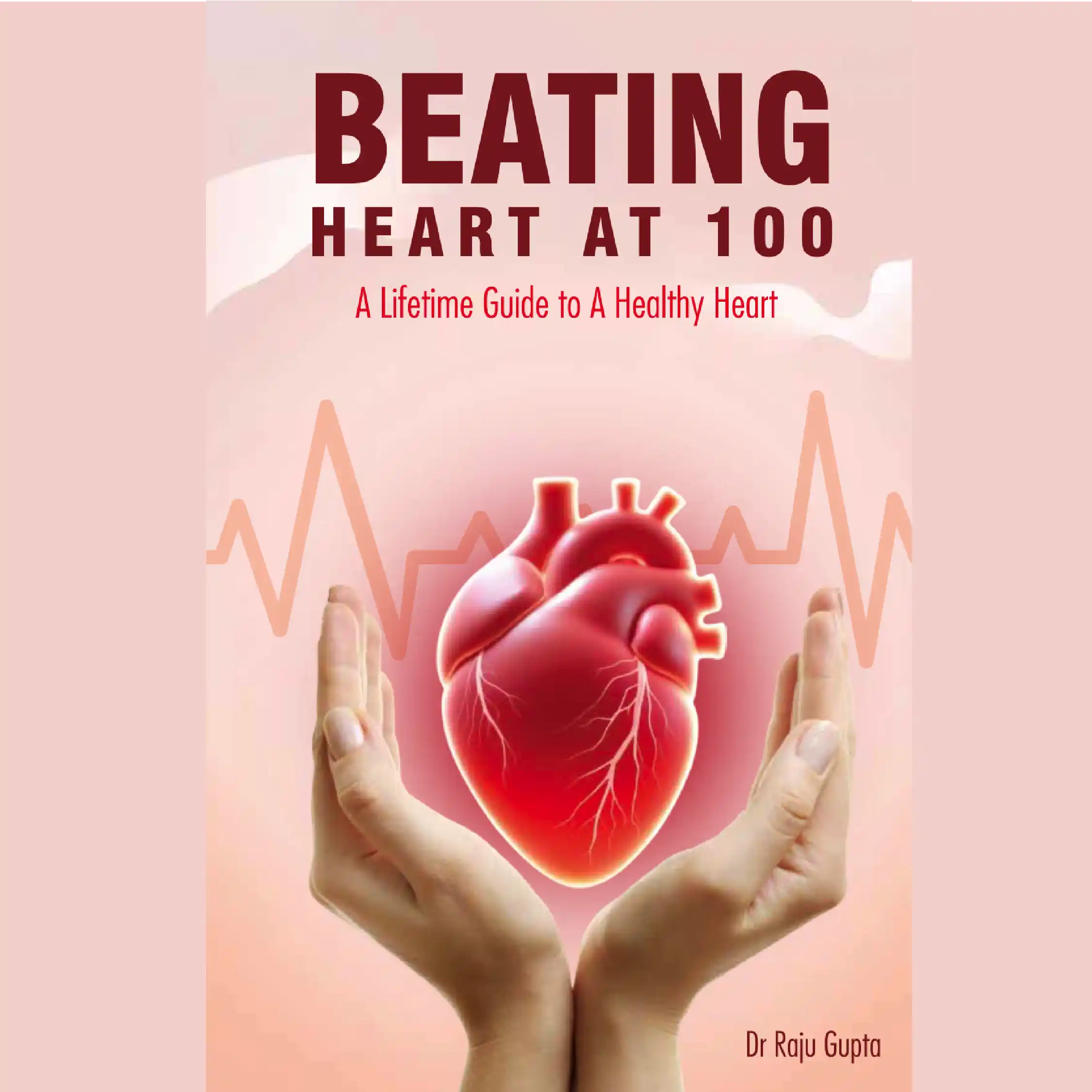Let’s Start with the Basics — What’s Getting “Shrunk”?
Every cell in your body has DNA — a long, beautiful spiral that carries your life’s blueprint. At the ends of each DNA strand sit telomeres — tiny caps that protect your genetic material, like the plastic tips at the ends of shoelaces. Each time your cells divide (which happens millions of times a day), those telomeres get a bit shorter. When they become too short — the cell can no longer divide properly. It becomes “senescent” — meaning biologically old. So in a way, your lifespan is written in your telomeres.The Stress-Telomere Connection
Here’s where stress walks in like an uninvited guest and starts stealing your biological youth. When you’re under stress — emotional, financial, physical, or social — your body releases cortisol, the “fight-or-flight” hormone. Short bursts of cortisol are fine. They help you survive. But long-term exposure? That’s like leaving your engine running 24/7. Cortisol and chronic stress do three dangerous things:- Increase inflammation — damaging cells and tissues.
- Suppress DNA repair enzymes — making it harder to maintain healthy telomeres.
- Accelerate telomere shortening — literally eroding your DNA ends faster.
Humor Break: Your DNA’s Midlife Crisis
Imagine your DNA as a long train track with smooth rails (telomeres). Every stressful event — a deadline, argument, EMI reminder — is like a hammer chipping away at those rails. Soon, your cellular train starts to wobble. You may still be running, but the ride gets rougher — fatigue, slower healing, blood pressure, diabetes. And somewhere in your genes, your telomeres whisper: “Boss, we’re tired. Please meditate.”Science That Proved It
This isn’t wellness mumbo-jumbo — it’s hard science. A landmark study by Dr. Elizabeth Blackburn and Dr. Elissa Epel (University of California) showed that women under chronic psychological stress had significantly shorter telomeres — equivalent to about 10 years of extra biological aging. Another Harvard study (2020) found that people with long-term work stress or caregiving stress had 40–50% shorter telomeres than relaxed peers. Translation: You can literally see the effects of stress under a microscope. Your body might say 40. Your DNA says, “I feel 55.”Why Indians Are Especially Vulnerable
Here’s the part few talk about. Indians already face a unique health cocktail:- High insulin resistance
- Chronic sleep deprivation
- Processed-carb-heavy diets
- Intense social and professional pressure
Deep Thinking: We Age in Our Thoughts Before Our Bodies
Modern medicine is now discovering what ancient philosophy hinted centuries ago — that mind and body are one continuum. When your thoughts stay anxious, your cells receive a constant “danger” signal. When your mind is peaceful, your biology listens. Your thoughts literally instruct your genes on whether to express health or disease. That’s why stress doesn’t just “feel” bad — it translates into molecular chaos. A 2022 study from King’s College London found that people practicing daily mindfulness had longer telomeres — meaning, their bodies were biologically younger by up to seven years. In other words, silence is not just spiritual — it’s scientific.How to Protect Your DNA (Without Becoming a Monk)
Don’t worry — you don’t need to escape to the Himalayas. You just need to manage tension before it turns into cellular wear and tear. Here’s how:1. Breathe Like It Matters
Deep breathing activates your parasympathetic nervous system — the “rest and repair” mode. Just five minutes of mindful breathing reduces cortisol by up to 30%.2. Sleep Like It’s Sacred
Your body repairs DNA during deep sleep. Skipping rest is like skipping maintenance for your heart and brain.3. Eat DNA-Friendly Foods
Antioxidants and omega-3 fatty acids protect telomeres. Think berries, spinach, walnuts, flaxseeds, olive oil.4. Move Daily
Exercise slows telomere shortening by boosting antioxidant enzymes. Even brisk walking 30 minutes a day is medicine.5. Connect — Really Connect
People with strong social ties have longer telomeres. Hug, laugh, talk — it’s free gene therapy.Humor Break: The Desi DNA Drama
Indians handle stress like pros:- “I’m not stressed; I just can’t sleep, eat, or think.”
- “It’s not stress, beta — it’s acidity.”
- “Doctor, my head hurts.” “Don’t worry, it’s just tension.”




